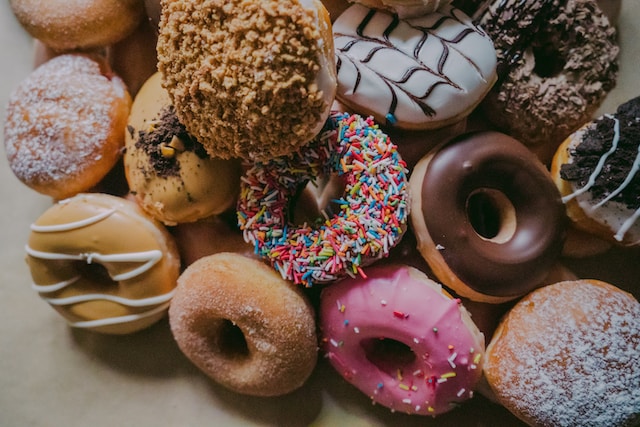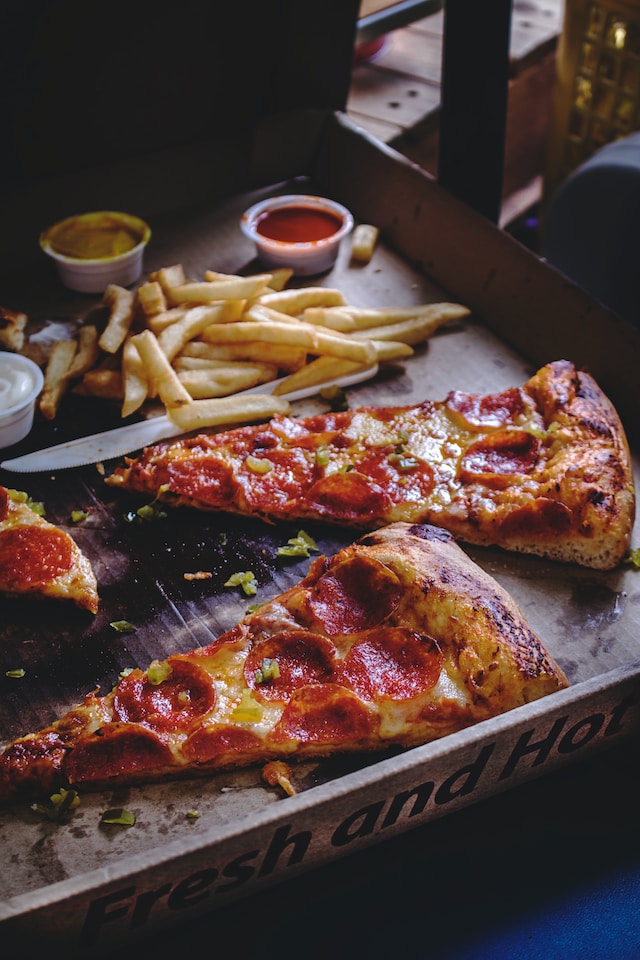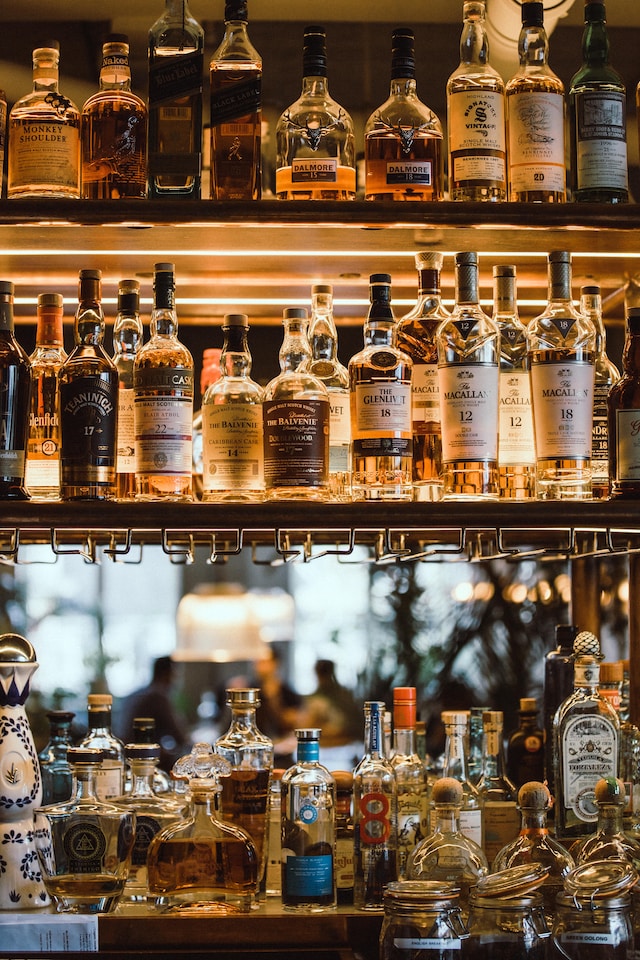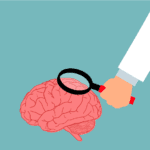Are you troubled by hair loss? The receding hairline and thinning hair can be embarrassing and diminish your sense of security.
On average, a person loses about 50-100 strands of hair per day. However, if you’re shedding more than 150 strands daily, it’s important to pay attention to your overall health. Apart from genetics and stress, hair loss is also closely related to poor dietary habits.
According to the Daily Express, a leading publication in the UK, if you notice your hair becoming thinner and experiencing nutritional deficiencies and hair loss, it may be directly linked to incorrect eating habits.

The nutrients we obtain from our diet enter our scalp, hair follicles, and hair itself through the bloodstream, affecting hair growth. To prevent this phenomenon, let’s examine whether you have unknowingly fallen into the “5 Hair Loss Traps” in your diet.
The Link Between Testosterone and Hair Loss: Factors and Foods to Consider
Many people do not aware of the connection between hair loss and the male hormone testosterone in the body. While testosterone is often associated with males, it is also present in the female body.
Testosterone in every body
Within the body, testosterone undergoes enzymatic action by 5α-reductase, converting into dihydrotestosterone (DHT), commonly known as the “hair follicle killer.”

This substance causes hair follicles to shrink and hair to become thinner, ultimately leading to hair loss.
Therefore, both men and women can experience the effects of testosterone levels on hair growth and shedding. When consuming the following two types of food, it may affect the secretion of testosterone in the body, leading to hair loss.
01. Sugar
Sugar can cause poor blood circulation, hindering blood flow to the scalp and affecting the nourishment of hair follicles. Moreover, excessive sugar intake can cause a surge in testosterone, resulting in hair loss.

After consuming sugary foods, the body metabolizes sugar, producing a significant amount of acidic substances that stimulate testosterone secretion.
Excessive testosterone can damage hair follicles and also increase the secretion of sweat glands and sebaceous glands, leading to the accumulation of subcutaneous fat, hindering hair absorption of nutrients and causing hair loss.
02. Dairy Products
If you opt for full-fat dairy products such as whole milk and full-fat cheese, the fat content can potentially trigger an increase in testosterone levels.

Additionally, consuming excessive dairy products, especially if you already have skin conditions such as itching, peeling, dandruff, eczema, or seborrheic dermatitis, may lead to scalp inflammation and significant hair loss.
Foods that Impede Hair Nutrition Absorption
In addition, consuming the following three types of foods may not significantly affect testosterone levels, but they can disrupt the balance of scalp oils or hinder the absorption of nutrients by the scalp, leading to weaker and more fragile hair that is prone to falling out.
03. Greasy Foods
When you consume excessive amounts of oil, your scalp produces more sebum, resulting in oily hair. The excess oil disrupts the balance of scalp oils and hinders hair growth by covering the hair follicles.

A diet that is excessively greasy can also hinder metabolic function and cause an increase in subcutaneous fat. When the hair follicles are covered in oil, it obstructs hair growth.
04. Alcohol
A balanced diet and proper nutrition are crucial for promoting hair growth. Conversely, when the body’s ability to absorb nutrients is hindered, it can lead to hair loss.
According to the National Institute on Alcohol Abuse and Alcoholism (NIAAA), a part of the National Institutes of Health (NIH), excessive alcohol consumption can impede the body’s absorption and digestion of various nutrients.

Previous studies have suggested that a deficiency in nutrients such as protein, zinc, or copper can lead to hair loss.
05. Large Fish Species (High mercury levels)
Large fish species such as swordfish and tuna, being at the top of the food chain, tend to have higher mercury levels. The National Health Service (NHS) in the United Kingdom recommends consuming no more than one portion of large fish per week.

Additionally, consuming fish with trace amounts of mercury not only affects overall health but also interferes with the body’s ability to absorb zinc. This can lead to zinc deficiency, thinning hair, and hair loss.
Certain foods can hinder the absorption of nutrients by the scalp and contribute to hair loss. Avoiding excessive consumption and opting for a balanced diet rich in essential nutrients, along with proper hair care practices, can contribute to maintaining strong and vibrant hair.



